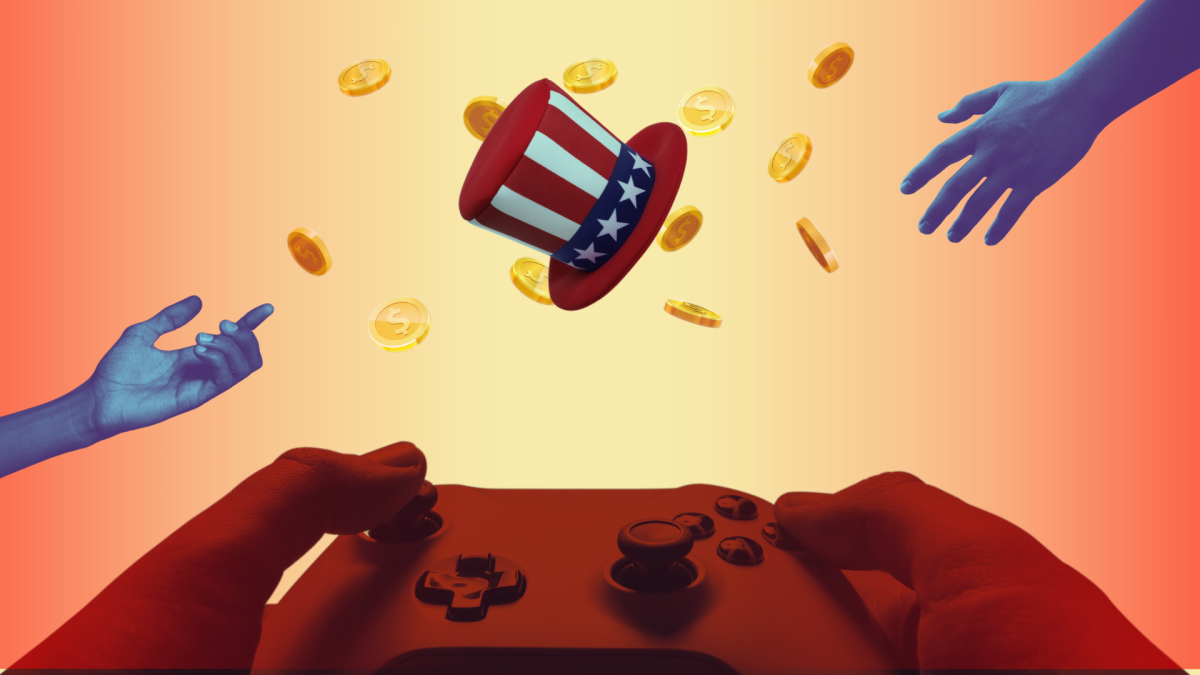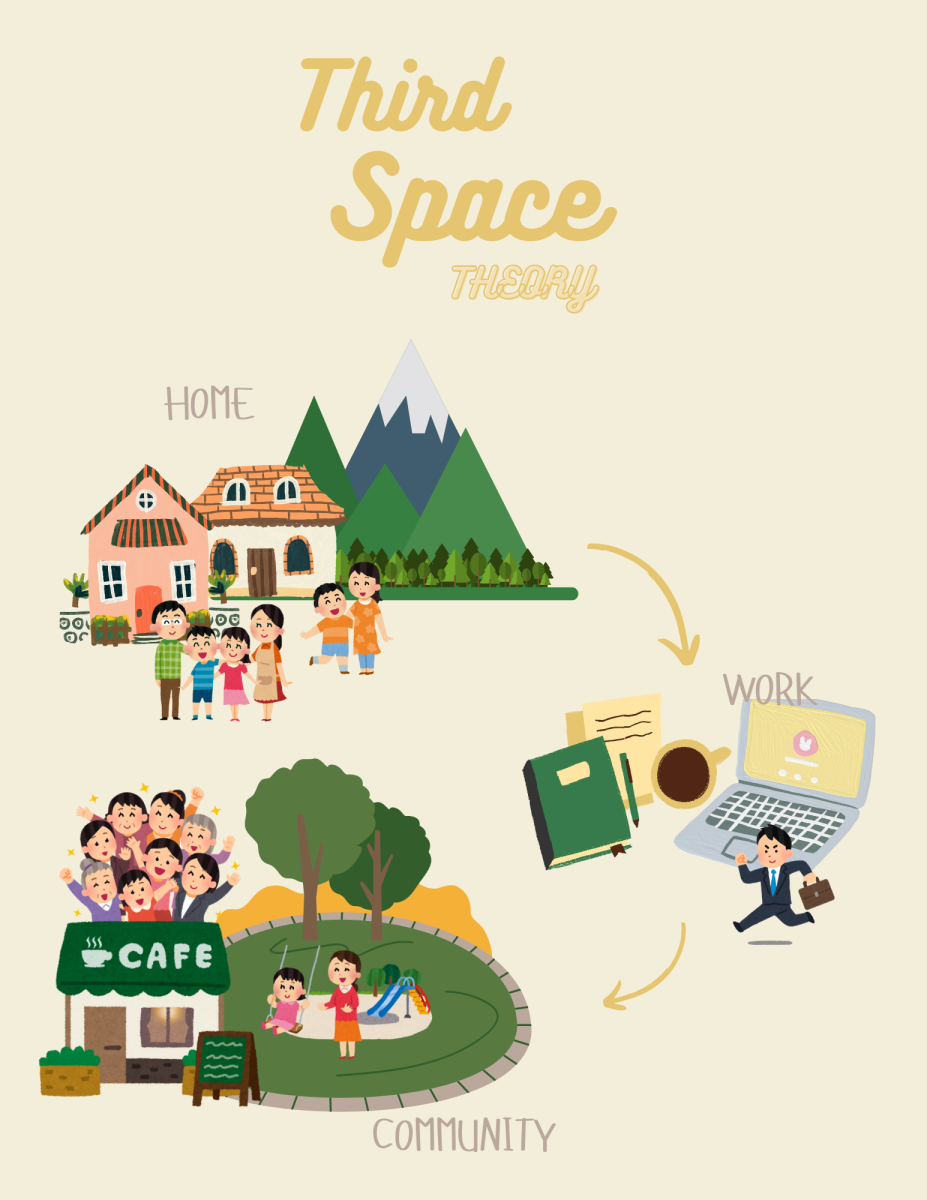Music has a greater effect then we know.
Long before artists like Chris Brown, Robin Thicke or Eminem were around, the music industry has been plagued by violent lyrics and misogynistic messages.
Whether it be promoting them as nothing more than sexual objects, devaluing them if they don’t fit the “ideal” body shape or degrading them in a violent way, our media has not just tolerated, but rather has promoted the mistreatment of women.
The question that remains is this: what effect do these lyrics have on our every day lives?
Partnership Against Domestic Violence reports that every nine seconds, an act of domestic violence is committed. One can only wonder if this could have anything to do with the incredibly violent musical hits that are almost impossible to tune out.
A song by the worldwide known artist Jimi Hendrix called “Hey Joe” goes “Hey Joe, I said where you going with that gun in your hand? I’m going down to shoot my old lady.” Or Eminem’s song “Criminal,” with lines like “Half the shit I say, I just make it up to make you mad, so kill my white, naked ass. And if it’s not a rapper that I make it as, Imma be a fucking rapist in a Jason mask.”
According to both the Huffington Post, the New York Times, and the Center for Justice Bureau, one out of five women will be raped in their lifetimes. It is almost impossible to ignore that some of the most successful and high selling artists of our time have these messages being sent out without even the slightest bit of hesitation.
In addition to lyrics that promote violence and dominance, a large percentage of popular music sexualizes women. It’s a struggle to turn on the radio to a pop or hip-hop station without being greeted by lyrics from the hit song “Truffle Butter” that go “Can I hit it in the bathroom? Put your hands on the toilet. I put one leg on the tub. But bitch you dancing with the stars, I ain’t nothin’ like your last dude, what’s his name? Not important. I bought some cocaine if you snortin.’ And she became a vacuum, put it on my dick like carpet, Suck the white off like white chocolate.”
It is no wonder that women are afraid to walk home at night, catcalling is becoming a catastrophic problem. A 2014 report by the organization Stop Street Harassment shows that 65 percent of all American women have endured a form of vocal harassment, and 41 percent have been touched or followed.
The music industry is teaching us that women should be treated as nothing but sex dolls that were created to please and fulfill the needs of men.
A question remains: Do these artists have a responsibility to monitor what they say? In an interview on “60 Minutes” between Eminem and Anderson Cooper, Eminem denies any sort of responsibility and effect that his music may have on young teens. “It’s your job to parent them (your children),” he says. “If you’re a parent, be a parent.”
He uses the excuse “It’s my art.” Yet, just because it is considered art, does not mean it is any less destructive. Parents have the majority of the responsibility to monitor what their children listen to, but once a kid turns 18 or 19 and goes off to college, that monitoring stops.
But what about women in the industry? Are they to not go without blame? One could only wonder if maybe lyrics would not be so demeaning and negative if women did not allow themselves to be talked to that way. Yet, this seems to be a double-edged sword. Women should be allowed to express their sexuality for themselves, but in turn, does that give men an excuse to oversexualize them?
In an interview with Miley Cyrus, she was told “You and Justin Bieber are not a good influence on the youth.” She replies, “Excuse me? We are not parents of anyone!”
She has a valid point, but is this an excuse?
Nicki Minaj, for example, promotes feminism, staying in school, being honest, and reinforces the idea that girls should dress and act for themselves, and not for anyone else. Yet, in almost every one of her songs, she refers to other women as “bitches,” “hoes” and “sluts.” Talk about a mixed message.
As the music industry has changed and progressed, so has the morals and standards that society accepts. One can only wonder what the future holds in the way that our culture reacts to these ever changing messages.













